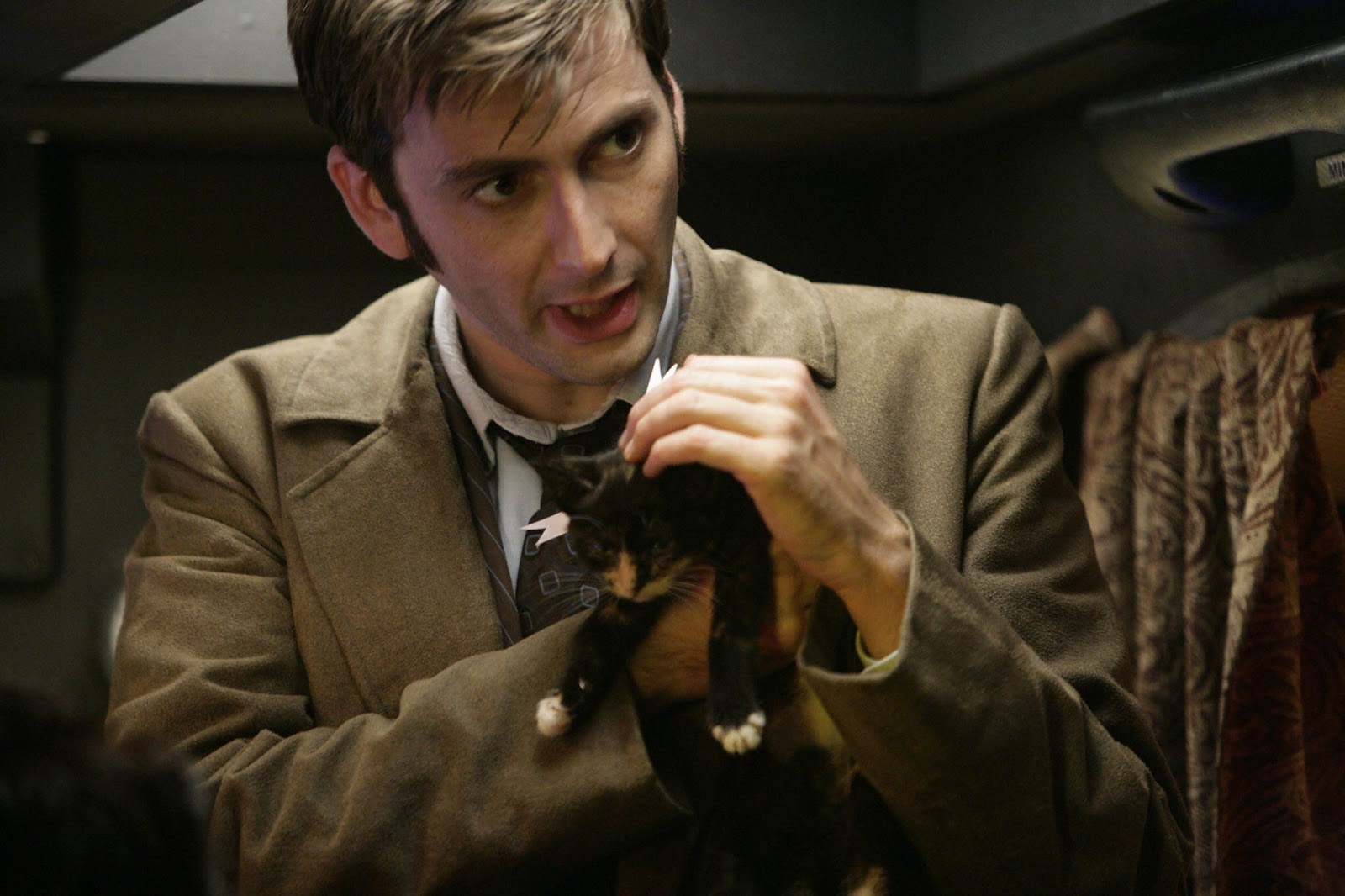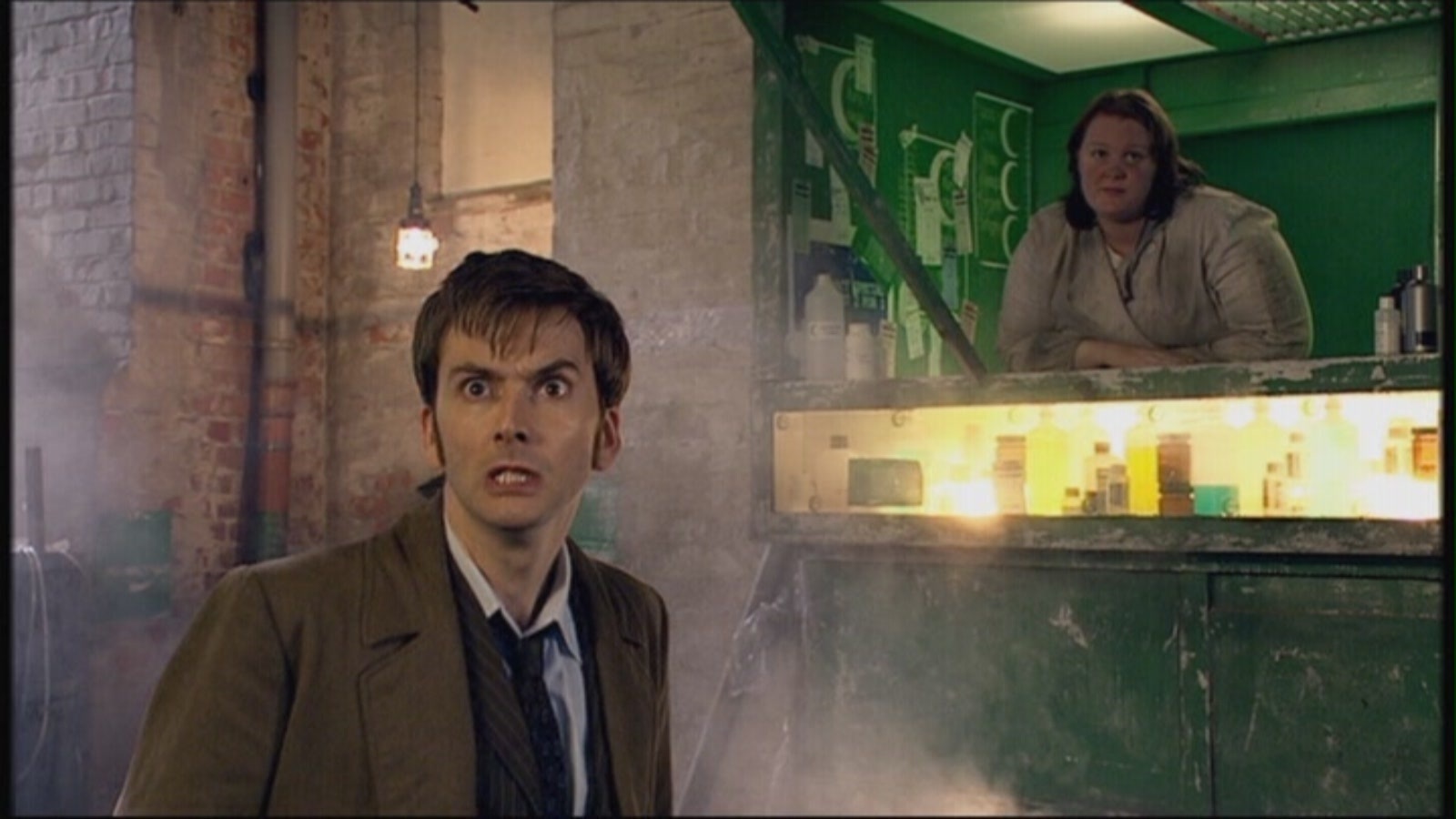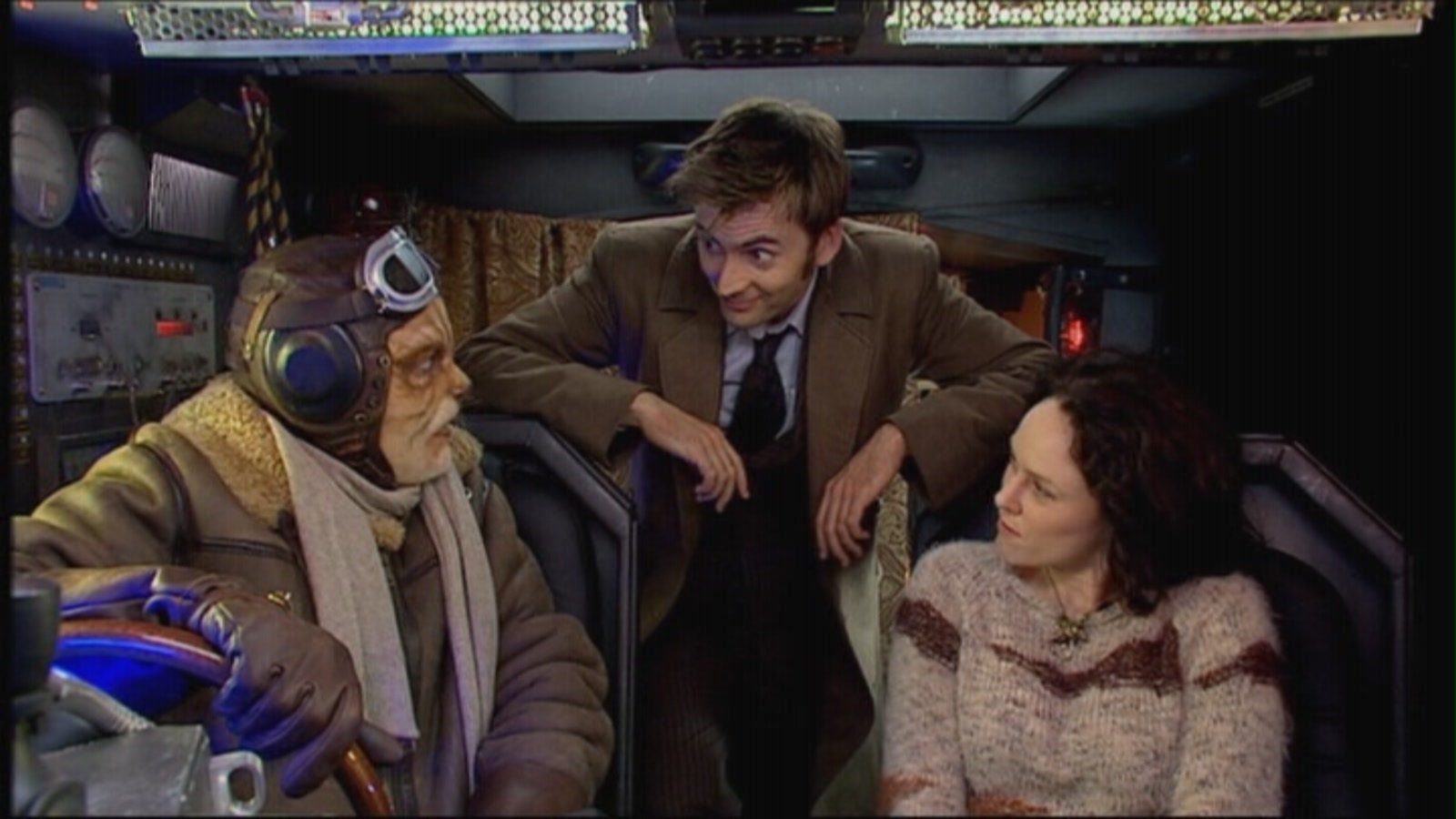
“Gridlock” proves to be another good showcase for the sort of emotional intensity David Tennant can bring to the role of the Doctor, whether he’s an angry authority figure snarling at people, a reckless daredevil going up against impossible odds, or a strange man waxing nostalgically about the glory days of his childhood, who almost seems to be lost in his memories of a better life. In fact, he’s so focused on saving Martha that he nearly overlooks vital clues about how New Earth’s progress got corrupted, creating the poor predicament that they’re in.ĭuring the climax, the Doctor is crushed by the Face of Boe’s death (despite the fact he barely knows the guy), because he’s just lost one more person in the universe that could understand the sort of life he leads as a wandering, isolated immortal. Absolutely nothing will stop him, and he once again proves himself to be a stubborn, tenacious, resourceful daredevil of a hero, especially during a delightfully goofy montage where Ten jumps from one flying car to another to get to the lower levels of the skyway.

Ten feels very responsible for Martha’s safety when she gets kidnapped by some local travelers, so the bulk of the episode is devoted to the lengths he will go to to save a friend. When Martha brings up the ugly subject of Gallifrey to the Doctor, he tries to distract them from it with a fun trip to New Earth, which winds up putting them both in grave danger.
#DR GRIDLOCK SERIES#
He’s basically been running away from his own loneliness since the end of Series 2, and “Gridlock” finally forces him to sit still and confront that bad habit. The Tenth Doctor has always had a semi-reticent personality, but his tendency to try to avoid painful or uncomfortable topics at all costs has only grown worse as of late. My only complaint is that after maintaining a steady pace for the first two acts, the episode’s third act has a very massive, very rushed and almost forced info dump of technobabble about how a plague wiped out New Earth to justify the episode’s premise, which is the closest “Gridlock” comes to trying to cram too much plot into one episode. Like “Smith And Jones”, it’s very fast-paced and it’s constantly throwing new world-building information at the audience rarely sitting still for long, but not racing along so fast that is threatens to overwhelm the viewers. “Gridlock” is also one of those episodes that’s very compact and really tests the forty-five minute format of NuWho. As a writer, Russell is always at his best when he’s letting some of his inner cynicism bleed through into his episodes, delving into some dark themes and some social commentary about human nature, which gives episodes like “ The Long Game“, “ Bad Wolf” or “Gridlock” their substance.

The idea of the Doctor sorting out the world’s largest traffic jam in space sounds really goofy on paper, but in practice it’s surprisingly tense, and at times, rather sad. “Gridlock” is the most melancholy and introspective episode we’ve had in a while – commenting on faith, redemption, people turning a blind eye to their fears, and humanity’s ability to always persevere through adversity – which makes it an interesting contribution from Russell T.

While they’ve all had their fleeting moments of sadness and pensiveness, all of the episodes in Series 3 (“ The Runaway Bride“, “ Smith And Jones“, and “ The Shakespeare Code“) have been fairly lighthearted and adventurous, running on adrenaline and sharp humor. “Gridlock” stands out as a different sort of episode than we’ve had so far since “ Army Of Ghosts / Doomsday“. Davies has been writing since the Doctor Who revival began, taking us back to the year five billion one last time to wrap up some storylines about humanity’s distant future.

“Gridlock” is also the final installment of a loose ‘New Earth’ trilogy that Russell T. After showing off the power of the TARDIS and taking us to Elizabethan England for a good romp in the last episode, Doctor Who rounds out its opening trilogy of episodes for Series 3 with “Gridlock”.


 0 kommentar(er)
0 kommentar(er)
